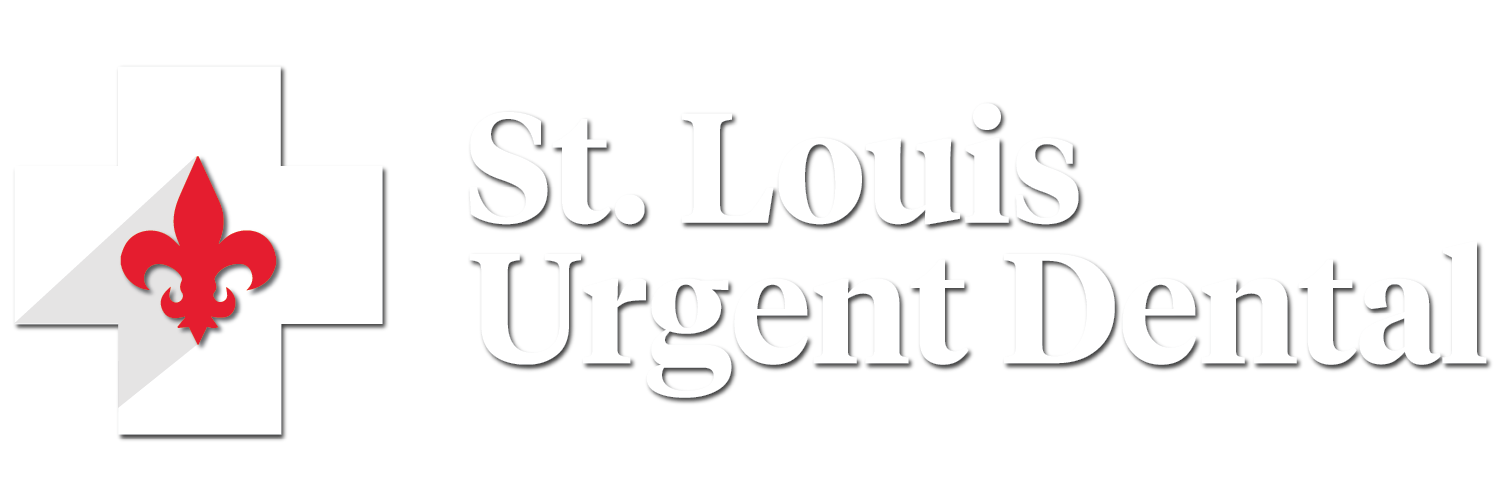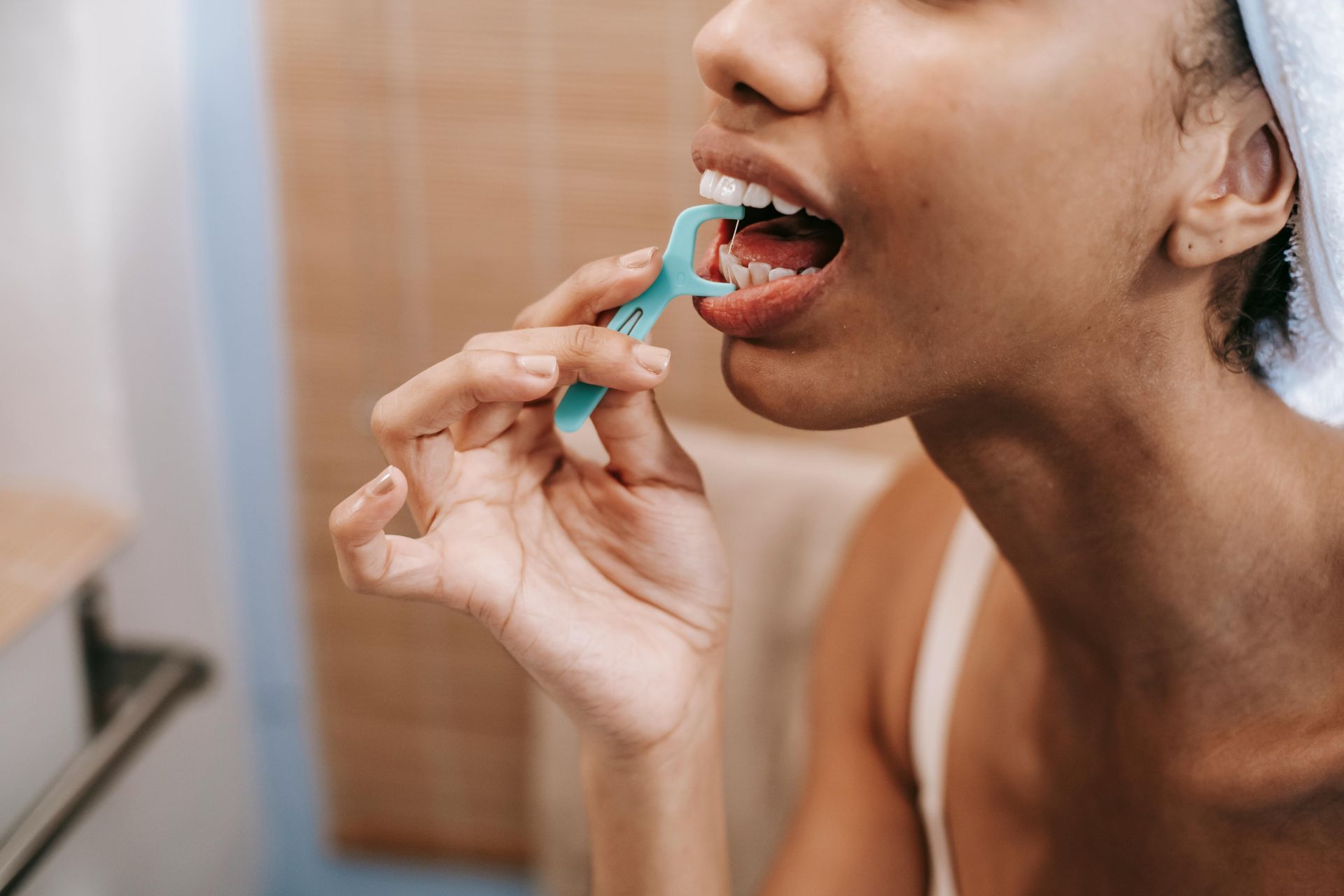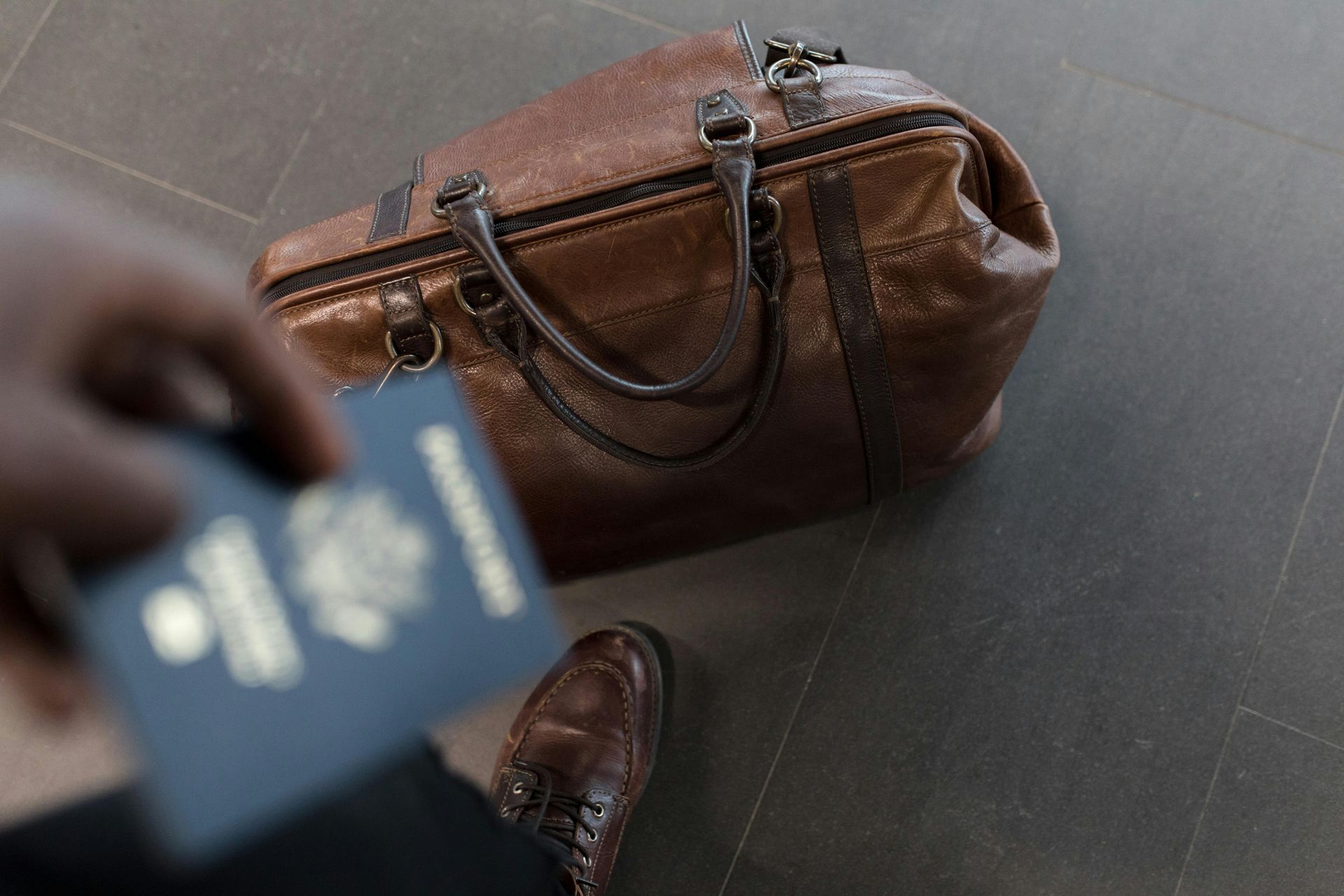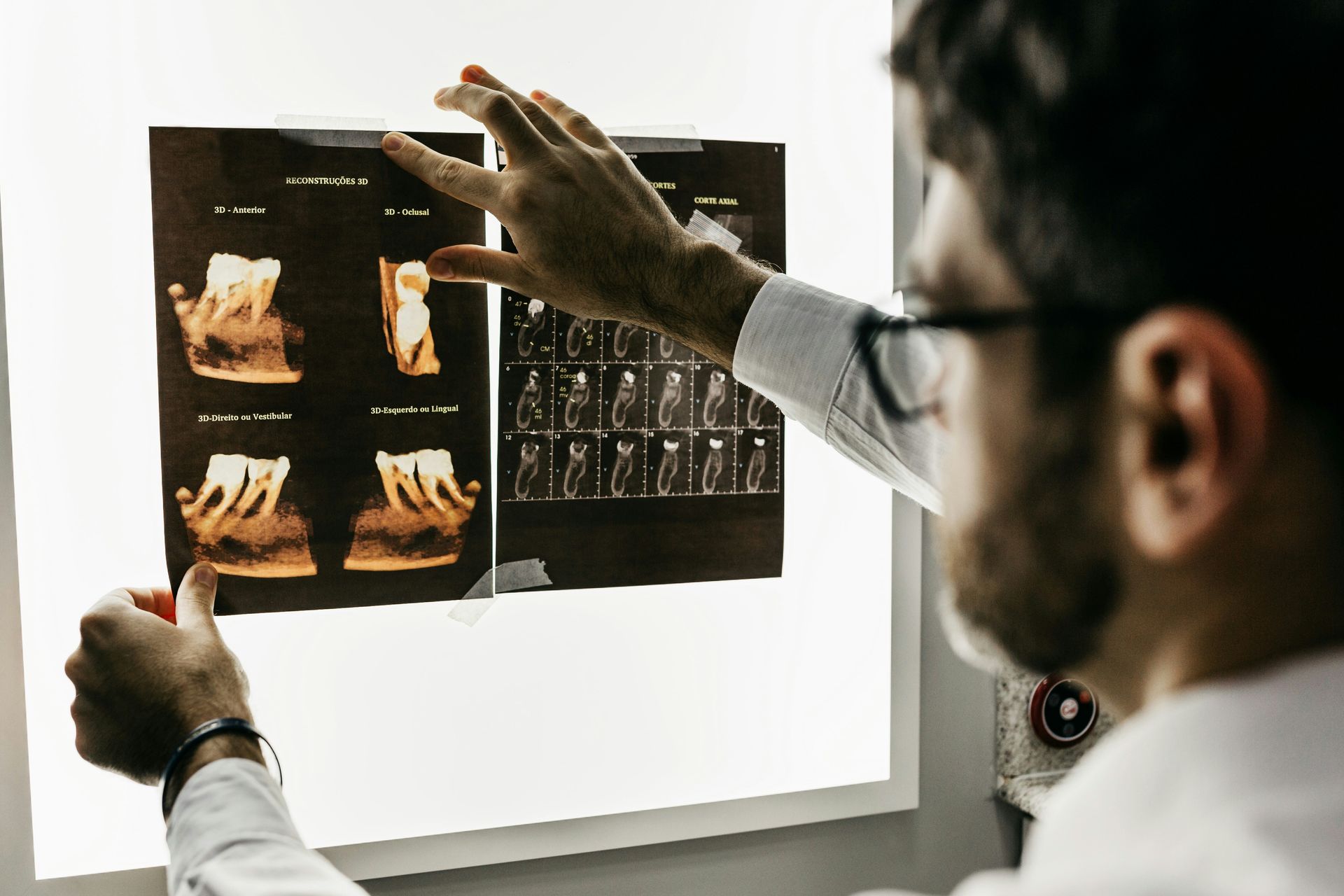Tips for a Worry-Free Dental Visit
There's no easy way to say this, but many people are anxious about going to the dentist. Children can get startled by the loud noises, teenagers worry about getting their wisdom teeth out, some adults haven't gone for years, and seniors fear they could be losing their teeth. Whatever the reason or age of the patient, the anxiety over a dentist's office visit is genuine.
We're here to help ease this anxiety. Whether it's a visit to your general dentist or you need to visit us for emergency care, these suggestions can help calm your nerves before, during, and after your visit.
Name Your Fears
Sometimes, the scariest thing about our fears is that we can't pinpoint them. With dental anxiety, some patients may feel on edge just thinking about dental work, let alone talking about it or being in the office. Although it can be challenging, take yourself through any specific fears about the dentist. Was there a particular experience you always come back to? Is it the pain during a procedure? Is it the loud noise or sitting in the chair?
Naming fears aloud is especially crucial for children. Even outside the dentist, when children communicate specific things that make them nervous or scared, their parents can help them. For instance, a child may not be scared of the dental instruments, but the sensation of the dental chair moving backward makes them nervous. Knowing what makes us feel scared is the first step.
Talk It Over With a Loved One
In addition to naming your dental fears, talking them over with a loved one can help ease them. Think of someone you know in your family or group of friends who is a good listener and empathetic. Opening up about their fears helps more than bottling them up for most children and adults. Fear of going to the dentist is widespread, so chances are you aren't alone.
Tips for a Child's First Visit
If it's your child's first visit or the first visit in their recent memory, parents can help them prepare. The
American Academy of Pediatric Dentistry recommends that children make their first dental visit before they are one year old. In the first few years, they likely won't remember everything that happened on their last visit. Parents can walk them through when they will get in the car to go, how they will wait in the lobby before it's their turn, saying hello to the hygienist and sitting in the chair, etc. The visit might not go as planned, but at least young children will have a general idea.
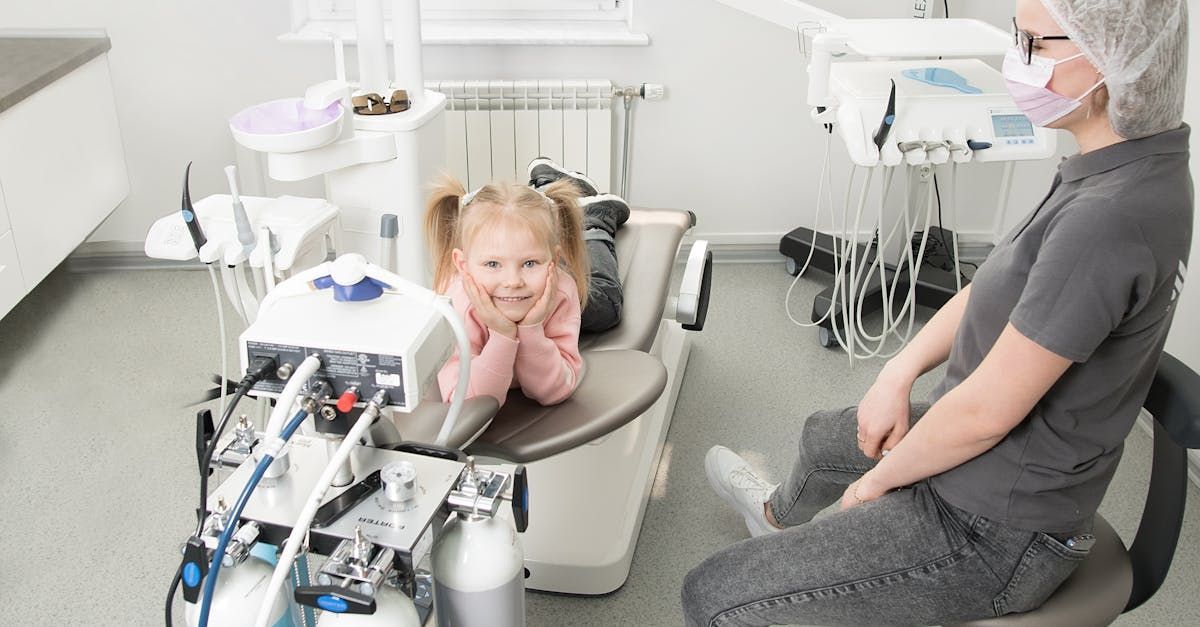
The Day Before/Day Of Your Visit
The same visualization process works for adults preparing to visit the dentist. Walk through how you will get to the appointment and ensure you have your insurance card or necessary documents. If you are feeling especially anxious, plan something to do after your appointment that you can look forward to.
If you have a procedure or a more involved visit (such as in an emergency), you may not feel up to any strenuous plans afterward. Consider watching your favorite TV show or a new movie back at home that you can look forward to once the visit is through.
Talking to Your Dental Team During the Visit
The next piece of advice is for the dental visit itself. If you are visiting a new clinic for the first time or taking a child to a new clinic, take the extra minute to speak with any of the clinic staff and mention fears you might have. Each clinic is different, and some may be on a time crunch; nevertheless, qualified dental clinic teams should be able to take an extra minute to hear you out and reassure you.
If you have gone to the same clinic for some time, your dentist will remember you and want to help calm your nerves. If you have been a regular patient yet are uncomfortable with the staff, remember you can switch and go elsewhere. You are in charge of your health and well-being (or, for parents, you play a significant role in your child's well-being), so keep in mind the agency you have over where you get dental work done.
Moving Forward
Once you finish your visit, you can breathe a sigh of relief: you did it! Even if the visit didn't go as planned, or you still feel anxious, following up is critical. If you had a regular dental cleaning, the receptionist may allow you to schedule your next cleaning. Or, if you had a dental procedure, you may need another appointment for the next steps. Whatever the case, take that time to make a plan for your next visit. It's tempting to rush out of the clinic and go home, but taking the time to plan a follow-up can ease anxiety later on.
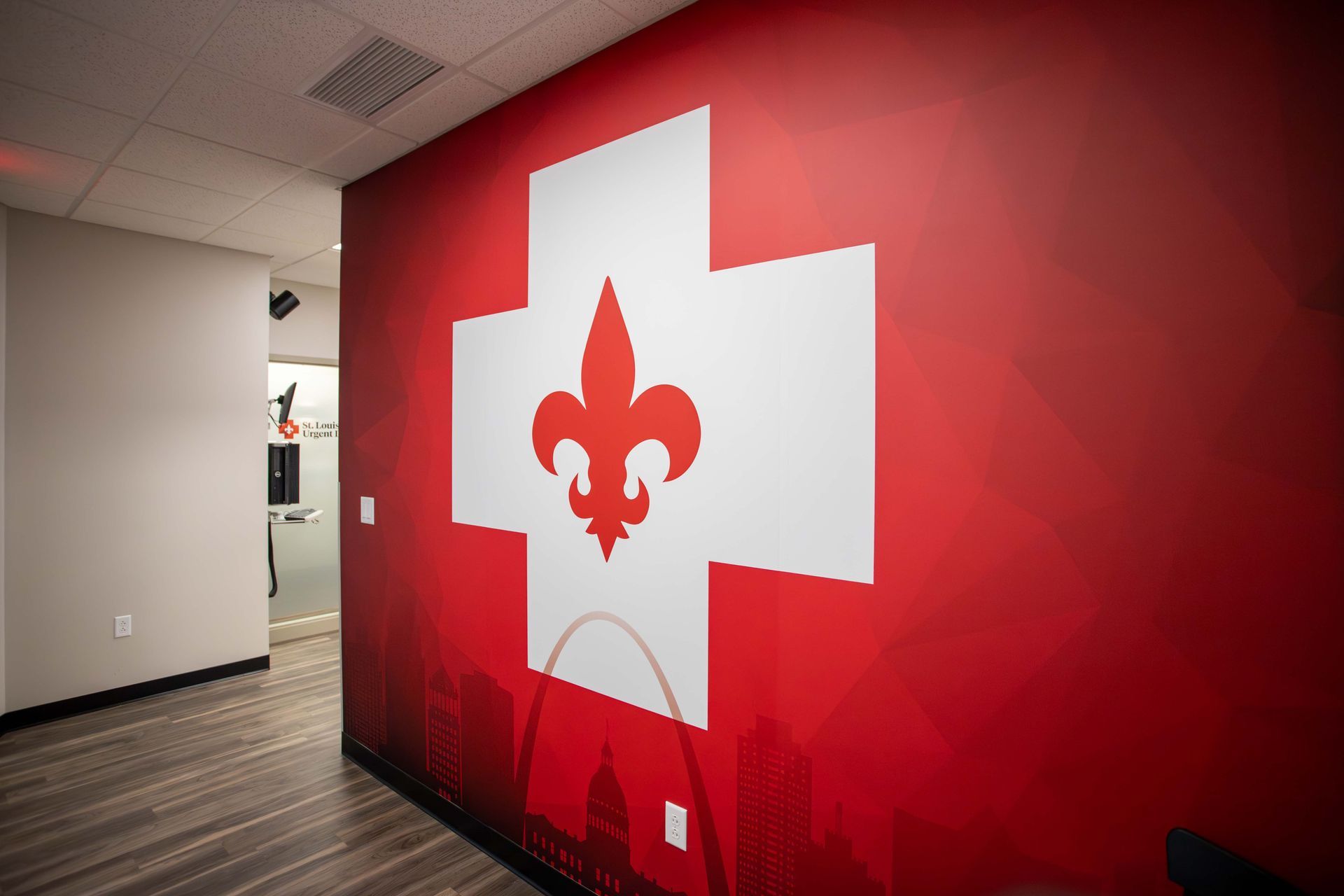
Call STL Urgent Dental Today
A capable dental clinic cares about the well-being of its patients and wants them to feel as comfortable as possible during their visits. At STL Urgent Dental, we train all our staff, from dentists to assistants to office staff, to show empathy and improve the patient experience. If you have a dental problem that needs attention and have had dental anxiety, we are ready to help.
Our St. Louis Urgent Dental team is here to help with your urgent, after-hours dental needs! We are open seven days a week (until 9 pm on M-F). We deal with dental emergencies, including root canals, crowns, socket grafting, extractions, implants, broken teeth, and more. Please note that we are a "problem-focused" clinic and do not perform regular cleanings.
Our procedure pricing and other details are on
our website.
Schedule an appointment, and you'll be smiling again in no time!
